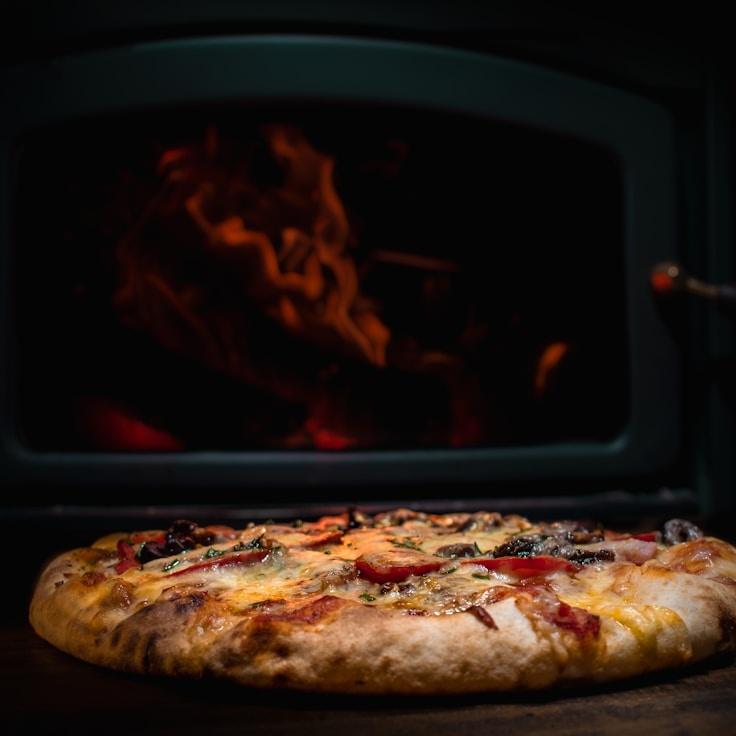Here at StonePromenade, we're proud to say that outstanding pizza begins with exceptional dough. With over 30 years dedicated to refining our recipe, we're thrilled to disclose some key tips to you. Although we cannot divulge our proprietary blend (as certain secrets are meant to stay hidden!), the following guidelines can elevate your homemade pizza dough to a professional standard.
Choosing the Right Flour
The core of excellent pizza dough lies in using superior flour. 00 flour is our recommended choice due to its fine texture and moderate protein content, approximately 12%, achieving a delicate balance of pliability and strength. Should 00 flour be unavailable, a suitable alternative is bread flour, which may alter the final texture somewhat.
Optimal Water Temperatures and Dough Hydration
The water's temperature is crucial for controlling fermentation times and the texture of your dough. For extended fermentation, which enhances flavor, we suggest cold water about 45°F (7°C). For a faster fermentation, try warm water around 85°F (29°C). A hydration level ranging from 60% to 70% is typically best suited for the average home oven.
Yeast and Time: A Delicate Balance
A pivotal tip for achieving tasty dough is to use less yeast and allow more time for the dough to ferment. Our method includes a mere 0.2% of fresh yeast based on the weight of the flour and lets the dough ferment for a period of 24 to 48 hours. This gradual process results in a rich flavor profile while producing dough that's more digestible.
The Significant Role of Salt
Salt not only adds taste but is also essential for reinforcing the gluten network and limiting fermentation speed. We advise applying fine sea salt at a rate of 2.5-3% relative to the flour weight. Integrate it once the flour and water have begun to amalgamate to avert direct yeast exposure.
Mastering Fermentation
Once mixed, the dough should undergo an initial bulk fermentation at a normal room temperature for a couple of hours, followed by dividing it into portions. These portions should then be stored in lidded containers and refrigerated for 24 to 72 hours. It's during this time that the dough undergoes a transformative process, with enzymes breaking starches into simpler sugars; this not only contributes to the flavor but also to the desirable golden-brown hue of the crust.
Handling the Dough with Finesse
Prior to crafting your pizza, take the dough out of the refrigerator one to two hours beforehand to let it approach room temperature. Treating the dough with a gentle touch is important to maintain the gas bubbles created during fermentation. Instead of rolling it, which could deflate the dough, press and stretch it softly with your fingers.
Intense Heat for the Perfect Finish
Although our professional ovens can heat up to 850°F (454°C), most residential ovens top out at around 550°F (288°C). To mimic this high heat, preheat a pizza stone or steel for a minimum of an hour before baking. This will supply the intense bottom heat required to bake a crust that's both crispy and light.
Pizza dough perfection is an evolving process, with each batch offering new insights. We encourage you to take detailed notes, tweak variables, and unlock the best method for your own kitchen.
For a live demonstration of our dough crafting techniques, consider attending one of our monthly pizza workshops where Chef Giovanni will guide you through these practices. Visit our events calendar to find the next available session!

